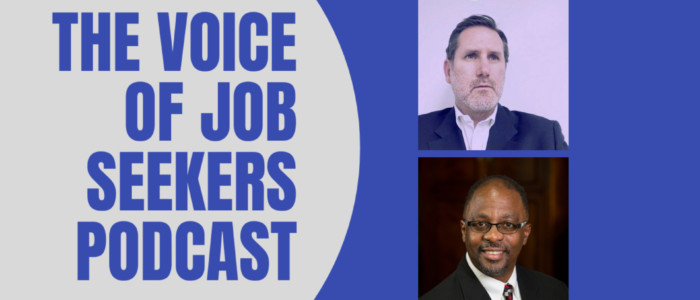
Your spouse’s mind raced because the company announced you were laid off. It is one thing to have had steady employment, another when the safety net disintegrates. Many changes are about to take place, and some will affect you.
It’s a layoff, chill. Easier said than done.
I understand. Job loss is hard, and it’s harder when the former employer adds a broad, unfair, undeserved, and potentially damaging narrative.
Read 7 Signs That A Moratorium On Marriage Has Occurred (Until You Find a Job)
The Huffington Post recently reported that married couples on the brink of divorce are waiting because of a lack of employment.
In March 2007, before the bubble burst, 4.6 percent of the labor force was unemployed, according to the Bureau of Labor Statistics. Three years later, the unemployment rate jumped to 10.2 percent. Divorce, on the other hand, decreased by 1.4 percent between 2007 and 2008, according to the report, and then by another 2.8 percent between 2008 and 2009.
Things have changed in the last 10 years.
Your spouse lost their mind over time. Remember when he or she lost it because you worked overtime? You are not alone. At least stats show it’s a slow but grinding process, so there is hope if it seems bad now.
Read Marriage and the Unemployed Spouse
Hiring in your career industry appears bleak, and your marriage has peeling paint. I have listed a few reasons why your spouse is losing their mind if it’s still a mystery to you:
- Your spouse thinks you should have seen job loss coming. This premise exposes your lack of communication before it hit the fan.
- You are minimizing the impact on the family by saying things like, “It’s not so bad.” “I’m glad it’s over.” “My boss was out to get me!” Transparency is the key, and never talking about it with your spouse is a problem.
- Either laid off or fired, you were dishonest about how it happened. That will definitely tick him or her off. Own up to a poor job performance or an incident that was your responsibility.
- You’re the one freaking out. You are lashing out at your spouse and children for no reason. Showing control and restraint is YOUR responsibility. Practice temperance and reason, and everyone else should follow.
- You lack updated, relevant skills to find a job. Unfortunately, a spouse who has encouraged you to return to school or pursue another career track will have little mercy on you. It is best to be humble, hear the noise, and push forward.
- Your spouse knows the lazy person in you will not conduct due diligence. He or she knows that your ambition barely treads water. Diffuse the bomb before it explodes, and be aggressive in searching and researching jobs. Let your family see your research, talk with your spouse about potential decisions critical to the household (night job or day, lower pay, mandatory overtime).
- That makes two. When both spouses are out of work, the panic button is abused. Keep your hand off the button!
- You won’t take on extra chores since you have extra time. Unemployment has fringe benefits, but another way to reclaim your spouse. If there is a disconnect, then find ways to reconnect. If you know what makes your spouse tick, then be what they need to make them happy.
- The lack of money will eventually exploit all marriage weaknesses, or at least most. However, the focus on money can turn into idol worship, thus becoming an even larger issue. Don’t be surprised if this has always been prevalent in your marriage.
Read 10 Ways Your Spouse Can Boost Your Career
- Sure, there are other ways to keep the peace. The unemployed spouse has to compensate for the fear of not contributing financially. Although decisions made out of guilt or compulsion are potentially hazardous to any relationship, this is the kick in the behind you need.
- Many issues existed before you lost your job. How you deal with them will determine whether your marriage grows or perishes later on.
- What are other reasons spouses go CRAZY when a job loss in the family occurs? Perhaps there are ways to handle a spouse’s job loss properly. Please share either by commenting below.
About Mark Anthony Dyson
I am the "The Voice of Job Seekers!" I offer compassionate career and job search advice as I hack and re-imagine the job search process. You need to be "the prescription to an employer's job description." You must be solution-oriented and work in positions in companies where you are the remedy. Your job search must be a lifestyle, and your career must be in front of you constantly. You can no longer shed your aspirations at the change seasons. There are strengths you have that need constant use and development. Be sure you sign up to download my E-Book, "421 Modern Job Search Tips 2021!" You can find my career advice and work in media outlets such as Forbes, Inc., Fast Company, Harvard Business Review, Glassdoor, and many other outlets.


